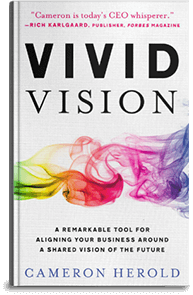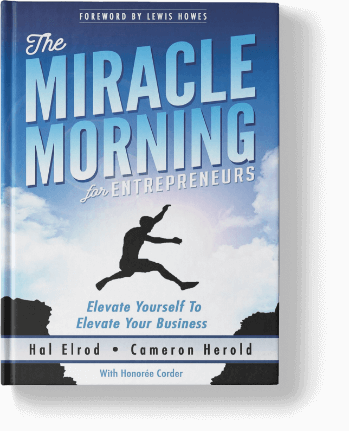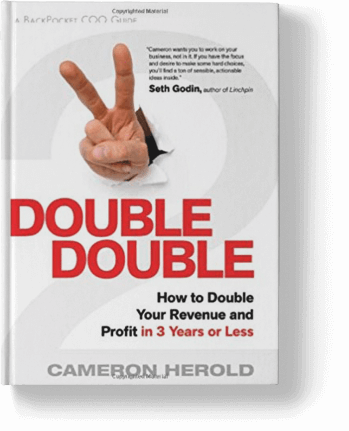 One of my favorite lines at the office used to be, “great day—take the rest of it off.’ I used to tease people with that and say it at 6pm. I’d also say it to people at 10:30 am and blow them away.
One of my favorite lines at the office used to be, “great day—take the rest of it off.’ I used to tease people with that and say it at 6pm. I’d also say it to people at 10:30 am and blow them away.
Tell people to go home and relax once in a while.
We all know that as entrepreneurs we duck out of the office for our little stress breaks. Let your team take some once in a while, too.
And if you really like your employees as much as you say you do, let them take the same amount of vacations, as you’d want. Most employees feel that five weeks’ paid vacation (including their sick days) in addition to the statutory government holidays is about right.
Let them take it.
They won’t quit. They won’t come into work sick. And we all know the most productive time at the office is the day before vacation.
So give people time off.
To be sure they take this time off, force them to or they lose it. The idea is to recharge your batteries regularly and not stockpile the time and have a meltdown. As a business coach and mentor, I advise CEO’s to give their employees five weeks’ time, however, make them take all five weeks of time during the calendar year.
For more information on this topic, check out: Building a World Class Culture and Leadership at 100MPH.
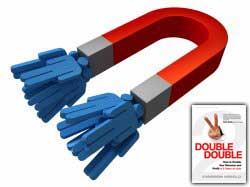 Building a magnetic and infectious
Building a magnetic and infectious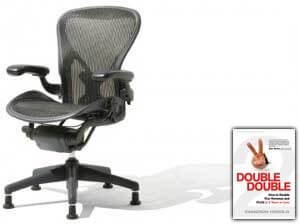 I walked into my friend Kimbal’s company in Boulder, Colorado. He was an employee of mine 15 years ago and he’s been quite successful at building and selling companies since then.
I walked into my friend Kimbal’s company in Boulder, Colorado. He was an employee of mine 15 years ago and he’s been quite successful at building and selling companies since then.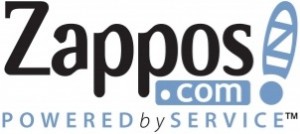 This post is from a guest blog post I wrote last week for McNeill Nakamoto a great Vancouver recruiting firm. Jessica Rozitis kindly let me re-run it here.
This post is from a guest blog post I wrote last week for McNeill Nakamoto a great Vancouver recruiting firm. Jessica Rozitis kindly let me re-run it here.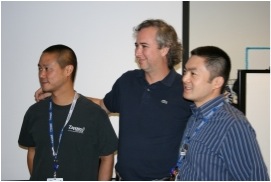 For more information on this topic, check out: Building a World Class Culture, Generating Free PR and Leadership at 100MPH.
For more information on this topic, check out: Building a World Class Culture, Generating Free PR and Leadership at 100MPH. Some say I’m not a good listener – but I sure try. I’ve actually learned a ton about listening over the years of being a CEO coach. I’m actually a great listener when I shut up and don’t cut people off while they are talking.
Some say I’m not a good listener – but I sure try. I’ve actually learned a ton about listening over the years of being a CEO coach. I’m actually a great listener when I shut up and don’t cut people off while they are talking.


